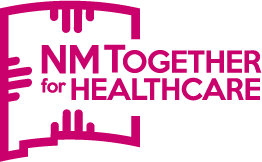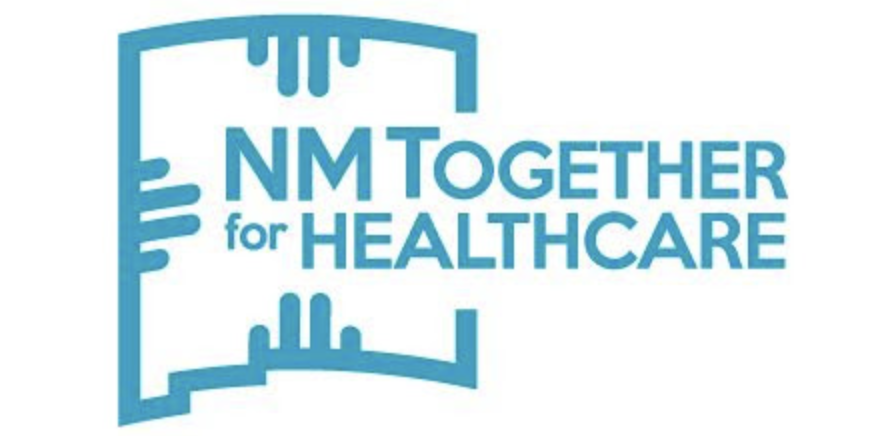The Senate Health and Public Affairs Committee on Friday passed The Patients’ Debt Collection Protection Act by a vote of 5-2 after powerful testimony from New Mexico Together for Health Care community leaders who support the measure to address the devastating impact of medical debt on New Mexico families.
“The healthcare industrial complex doesn’t take into account that we’re not dollar bills, we’re human beings,” said Anna Rondon, of McKinley County, who had her credit ruined in 1998 when, as a minimum-wage worker, she was unable to play an $800 copay for emergency treatment for gallstones. “I was at that point in my life when I was looking for change in the couch and trying to buy ramen noodles. Getting letters that I had to go to court was terrifying.”
Specifically, SB 71, sponsored by Sen. Katy Duhigg, prevents hospitals—and third-party medical providers who bill separately—from sending to collections or filing medical debt lawsuits against people at or below 200 percent of poverty. Instead, hospitals and providers will work with patients to identify possible coverage options for them and help them apply so that they can resolve the debt.
“When medical debt is turned over to collections, a patient’s credit is ruined, preventing them from qualifying for housing, being able to buy a car to drive to work, or to even get a job,” said Nicolas Cordova, an attorney with the New Mexico Center on Law and Poverty. “Life-saving medical treatment should never lead to crippling debt.”
SB 71 also requires medical providers to charge uninsured patients no more than the set Medicare rate for the service—and it requires hospitals to publish procedure costs online.
“I didn’t understand the bills, why they were so high,” said Linda Abeyta, of Albuquerque, a breast cancer survivor who had to stop treatment for breast cancer because she couldn’t pay the charges she’d already incurred. “If I couldn’t pay these bills and continue my treatment, I wouldn’t be able to get my cancer into remission.”
With the help of the New Mexico Center on Law and Poverty, Abeyta was able to address her medical debt and resume treatment, but she is concerned that too many other people have the same experience with the high cost of medical care.
“No one should have to choose between having medical care and paying their bills,” Abeyta said.
Medical debt has a devastating impact on the well-being of patients. In fact, one in five Americans is pursued by debt collectors for medical debts, and 59 percent of all negative items on consumer credit reports are due to medical debt.
Here in New Mexico, thousands of patients are being sued for unpaid medical bills, having their wages garnished, liens placed on their homes, and their credit ruined. Carlsbad Medical Center made national headlines for suing patients who couldn’t pay their bills. The hospital changed its practices, but other New Mexico facilities continue to sue patients.
“New Mexicans literally cannot afford to have the Legislature vote against this bill,” said Adriann Barboa, New Mexico Policy Director for Forward Together Action. “We urge legislators to vote yes on the Patients’ Debt Collection Protection Act.”
SB 71 now goes to the Senate Judiciary Committee for consideration.


